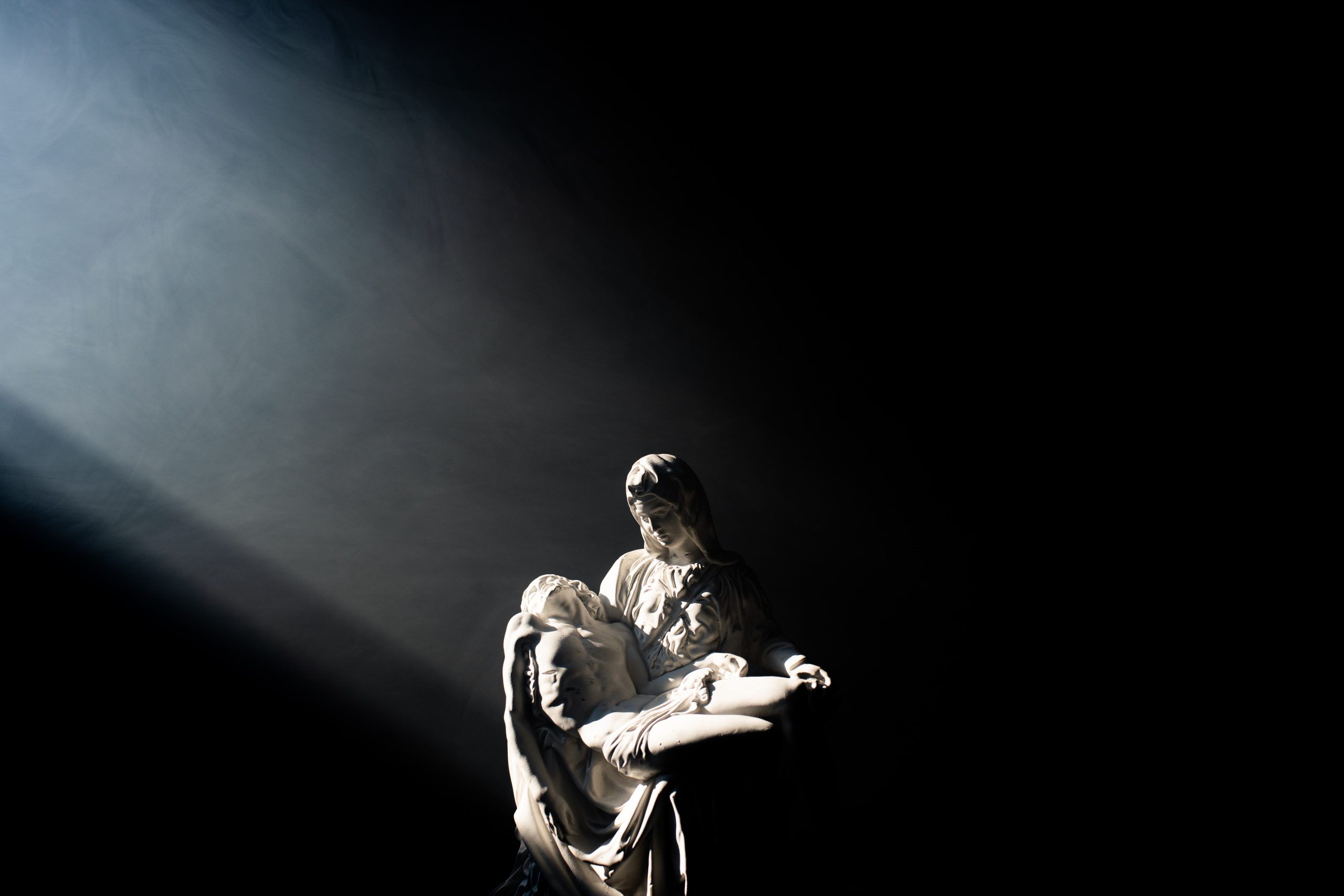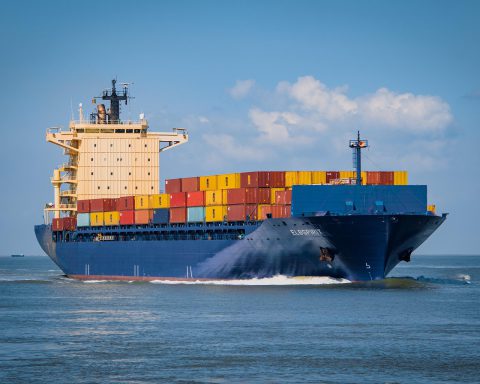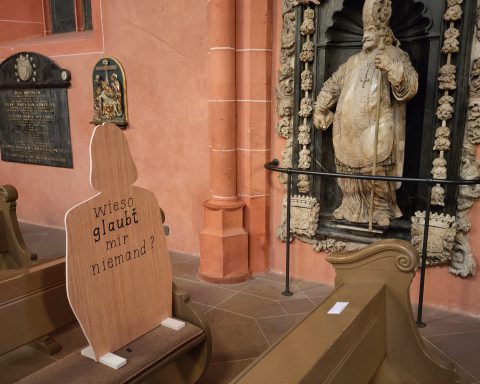The French presidential elections made next-day headlines on Monday, 24 April 2017, in global TV networks from BBC World and CNN, to Al Jazeera, to national broadcasters like ZDF and Russia Today. The first round’s results that two candidates would go into the final round on 7 May – Front National’s Marine Le Pen and Emmanuel Macron (En Marche!) – were hectically analyzed in the media, albeit with different conclusions.
Two different spins on Macron’s win over Le Pen (23.9% to 21.4%) became visible in media networks internationally. The main distinction appears in framing the most important news: Is it Macron’s victory, or the chance of Le Pen to win in the second round?
Both spins are created around the same, or similar, facts, but they provide quite distinct interpretative frames for the understanding of the elections. The differences may seem minor at first glance, no “alternative facts” are used, and journalists stay within the boundaries of professional reporting.

But in fact, the underlying normative frame is quite different. Think national pride vs. European (almost) cosmopolitan solidarity, xenophobia vs. (almost) universal compassion, a regime of stable nation states vs. globalized regimes of governance. Of course, values underlying the two frames are neither expressed nor shared by all supporters – they only serve to consolidate narratives and provide meaning for convincing arguments.
Inevitably, they also create a strong emotional regime, fueling the next days’ debate and securing outrage and sorrow, or celebratory joy, on Election Day.
In German media as well as on CNN and Euronews, the interpretation of the elections is clear and unequivocal – Macron’s win in the first round will surely be confirmed in the second, since he was supported by all other candidates, from Socialists to Conservatives. With the possibility to collect even 60% of votes, the projected election results are seen as clear support for a joint European future, and decisive “no” to right-wing populism.
The victory was greeted in Germany and Brussels with excitement and relief.
Macron’s win is another confirmation (after the Netherlands and Austria) that populism can be fought in Europe, and that there are strong anti-populist forces within.
Macron’s politics – mainly formulated as a rejection of far-right nationalism, as well as of xenophobic anti-Muslim populism – is billed as being even more remarkable considering that he was not a candidate of any established political party.

The elections are commented on as a big crisis of the traditional party system, with two outsiders getting into the second round.
Macron, apart from his fascinating love life, which attracts much attention in all the media, is presented as an independent candidate, and the first “no party” candidate ever to win a presidential election. He is young, successful, beloved and popular – the only French candidate who wasn’t afraid to support pro-EU and refugee politics, inclusiveness for minorities, standing for human rights.

Less often invoked is Macron’s statement that France’s colonization of Algeria was a “crime against humanity.” This is a highly unpopular statement in France, but a clear position on an issue any human rights activist could only embrace.

A similar kind of exclusivist reporting was present in German media on Brexit and the US Elections. Whatever the merits of Trump and Brexit might be, they were simply ignored, with the pro-Trump and pro-Brexit voters transformed into irrational, impassioned ignoramuses, falling for illiterate clowns like Trump or Johnson.
Although the position is mainly informed by liberal, maybe even humanist positions, it is also simplified, one-sided and dangerous.
It is concerned more with enemy-image production than understanding complex political relations and dependencies of two forces on each other.
On the other hand, BBC, Russia Today and Al Jazeera presented the French elections quite differently. First, Macron’s victory is anything but certain. Le Pen is presented as determined, strong and popular, able to mobilize large parts of the population and actually win. Although her road to victory is a hard one, it is by no means impossible, not even improbable.
Interestingly, Macron is portrayed as neither independent nor an outsider, but as “a man in the middle” in the establishment. His previous work record – job as an investment banker in Rothschild Bank and position as Minister of the Economy in Hollande’s government – is stressed to confirm how well connected and powerful he actually is.
Al Jazeera and BBC even provide maps of voting patterns for Macron and Le Pen. They point out that he was winning among privileged voters (middle class, urban areas) while Le Pen was a real people’s candidate, winning in lower, working class, and rural areas. Leaving out more than 50% of votes for other candidates, the maps suggest a deep division in French society.

A win of his pro-European agenda is commented on BBC as “Brussels already rubbing hands,” implying what Russia Today states clearly: “Macron will deliver a weak France, exactly what Brussels and Berlin want.” Finally, Macron’s victory was not that impressive to them at all – BBC reminds the audience that his result is the lowest showing of a winner in the first round since 2002.
What is actually interesting, is this slow formulation of division within media of the so-called Western block.
This allows for in vivo insights into knowledge-power relations – as the other side’s arguments gain political power, they become more present, although equally puzzling. The “other” is no longer easily dismissed as undemocratic, backward or uncivilized, although it is still possible to avoid or silence their arguments, at least as long as they don’t win elections. When that happens, the audience is exposed to events without a ready made interpretative frame.
Think for example, of First Daughter Ivanka Trump’s visit to Germany – what does all that mean, anyway?
Is Germany accepting and promoting the misogyny of the father, allowing itself to be taught on women’s rights and feminism by the daughter? Saying yes to a president who is turning democratic institutions into family business? Valorizing the newly invented “First Daughter” position? Or, simply, paying lip service to real politics, setting aside moral questions? Whatever the answer may be, it implies some kind of norm violation, producing uneasiness and nausea.
Of course, audiences don’t have to buy any of it. But do switch channels more often – you might be surprised with what you see.
P.S. For local patriots, just to add: LVZ accompanies front-page text on France elections with an editorial by Matthias Koch, headlined “Vive la France!” It announces certain victory of Macron in the second round. As if there were any doubts… 🙂










